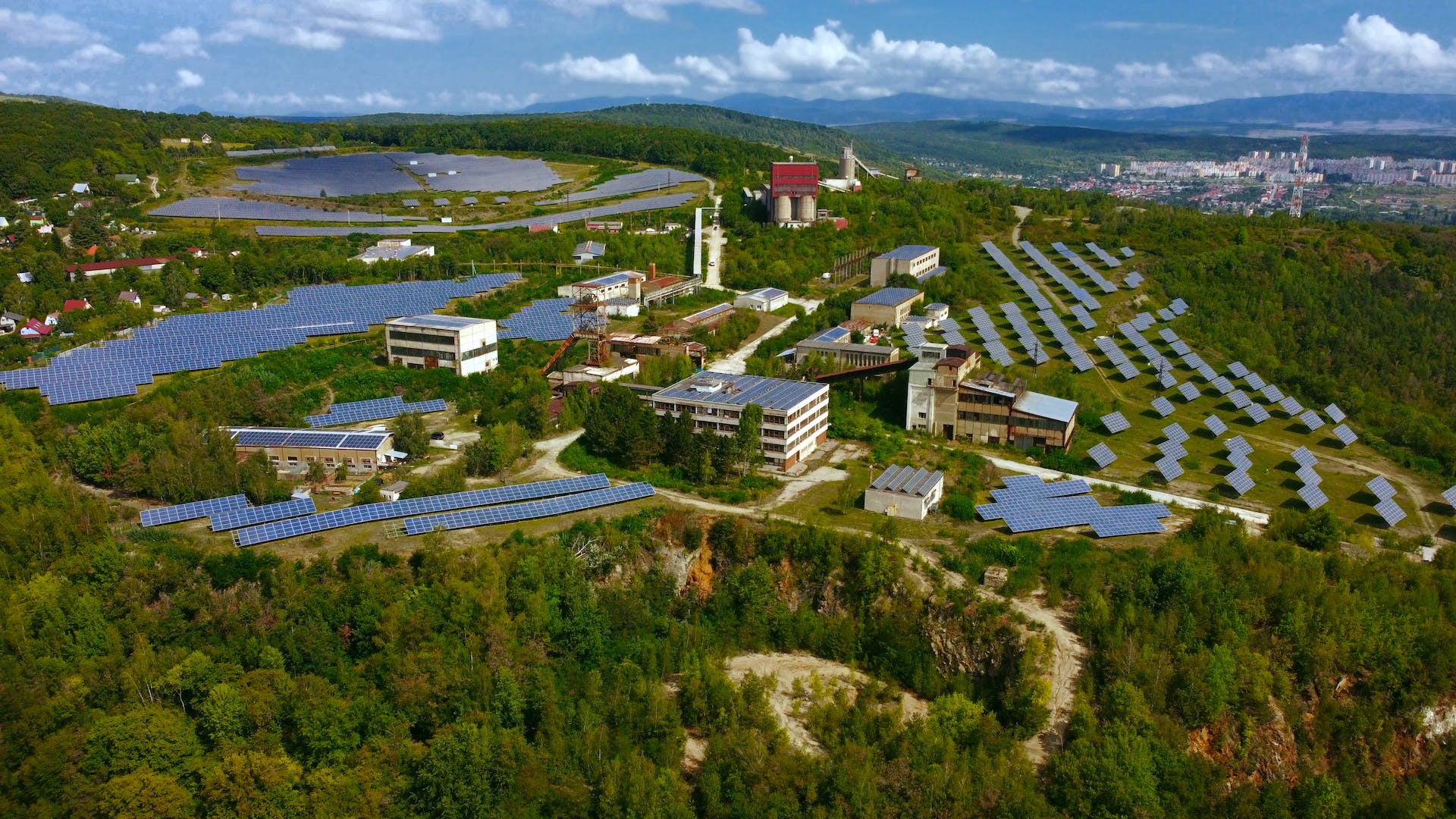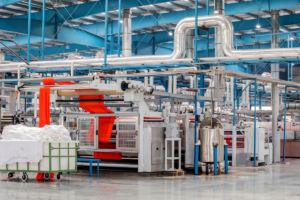Read the policy briefing “Industry and electrification: Strategic opportunities for the National Energy and Climate Plan”
Framing the country’s industrial development prospects within the path of reducing greenhouse gas emissions represents a strategic opportunity. The definition of the National Energy and Climate Plan (NECP) due by next June, is a unique opportunity for action.
The decarbonisation of production processes presents complexities related to the availability of technological solutions, which are not always fully developed or economically viable, and implies the need to safeguard business competitiveness.
Furthermore, the manufacturing sector produces the so-called ‘clean technologies’, those technologies, such as batteries and heat pumps, that have a cross-sector impact on decarbonisation. This important role of the sector is also recognised by many recent and ambitious public investment plans, such as the IRA or the Green Deal Industrial Plan, which are aimed at their promotion.
The lack within the NECP of specific references to manufacturing chains that are strategic in terms of decarbonisation is even more evident with regards to European (the Net Zero Industry Act) and national regulation (the implementation of European plans in funding programmes related to the NRRP), which instead mention and finance actions for the transformation of industry and the development of net-zero supply chains.
On the basis of the in-depth studies carried out by ECCO, there is an evident need to ensure that the NECP:
- Dedicates a chapter to the decarbonisation of the manufacturing industry, considering the relevance of the sector for the economy of the country (15% of GDP) as well as its contribution to national emissions (22% of Italian emissions in 2021).
- Identifies the electrification of low-temperature industrial process heat as a solution for decarbonisation by 2030, indicating:
- A clear goal to be achieved by 2030 accompanied by a financial strategy, identifying instruments that may favour this transformation, taking into account the availability of public funds through the RePowerEU.
- Measures which could promote renewables’ deployment in industry, while favouring electrification, also for non – energy intensive sectors.
- Policies and measures to reduce the imbalance between gas and electricity tariffs, especially for non-energy intensive sectors, thereby ensuring that businesses opting for electrification can safeguard the competitiveness of their productions both in the short and longer term.
Maintaining businesses’ competitiveness and increased energy security, as well as the revitalisation of the Italian manufacturing industry are complementary to the European action and can gain impetus if they are driven by effective policies from the Union. In the light of the development perspectives illustrated in the study, the industrial competitiveness strategy also passes through Brussels and it will be a key topic in the debate towards the establishment of the next European Commission.
Towards the decarbonisation of Italy’s manufacturing sector: Electrification of industrial processes
The significant contribution to national emissions by the manufacturing sector depends on its reliance on the use of fossil fuels for energy purposes, as well as on emissions that are inherent in certain production processes (e.g. cement, chemicals, etc.).
A solution that is already applicable in certain sectors is that of the electrification of low-temperature process heat. The industrial energy demand for the heat generation at temperatures lower than 150°C in Italy was 7Mtoe in 2021. The electrification of the 50% of this demand would allow for a reduction of emissions of approximately 8MtCO2 by 2030, contributing to reaching the Effort Sharing Regulation (ESR) targets, as 40% of emissions from the manufacturing industry in Italy falls under the ESR scope. This is a crucial goal, which, however, would not be achieved with the current proposal of the National Energy and Climate Plan. The submission of the final Plan by June 2024 represents an important opportunity for the achievement of this goal.
The electrification of industrial process heat at medium and low-temperature, where compatible with production processes, for example in the food and beverage sectors, or the textiles can offer advantages in terms of cost and energy security, particularly if accompanied by on-site generation of electricity from renewables.
This solution would also entail development opportunities for technology production chains and enabling components. These include industrial heat pumps, a market that would undergo significant development, and where Italy could acquire a competitive global positioning, thanks to its domestic technological expertise and a robust component supply chain.
Read the policy briefing “Industry and electrification: Strategic opportunities for the National Energy and Climate Plan”
Foto di Richard Palocsányi







